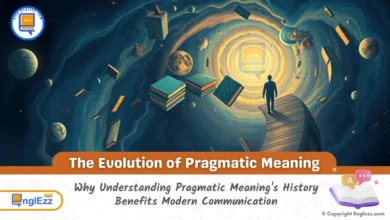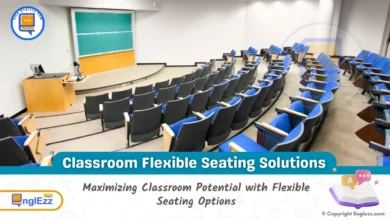Research
Welcome to the academic enclave within Ezzeddine Yahyaoui‘s linguistic haven, where the intricate tapestry of language unfolds through meticulous research, insightful comparisons, and erudite discourse. Our “Academic Research in Linguistics” category serves as a sanctuary for scholars, educators, and language enthusiasts alike, offering a scholarly sanctuary where the pedagogical intricacies of language acquisition and teaching are explored with rigor and depth.
Embark on a journey through the nuanced landscape of language learning and instruction, where the intersections of theory and practice converge in illuminating studies and rigorous comparative analyses. Dive into the wealth of knowledge spanning diverse linguistic realms, with a particular focus on the dynamic interplay between English and Arabic.
Within these digital corridors, you will encounter meticulously crafted research studies, meticulously dissecting the methodologies, findings, and implications shaping the field of language education. Engage with thought-provoking blog posts that traverse the gamut of linguistic inquiry, from phonetics to syntax, sociolinguistics to psycholinguistics, and beyond.
Join us as we navigate the intricate terrain of language pedagogy, drawing insights from the latest scholarly endeavors to inform and inspire educators, learners, and researchers alike. Embrace the scholarly ethos that permeates our discourse, fostering a community dedicated to the pursuit of linguistic excellence and pedagogical innovation.
Here are some common research categories for linguistics studies that academic researchers often explore:
- Phonetics and Phonology: Investigating the sounds of speech and their production, perception, and acoustic properties.
- Morphology: Analyzing the structure of words, including morphemes, affixes, and word formation processes.
- Syntax: Examining the rules and principles governing sentence structure and the arrangement of words within sentences.
- Semantics: Exploring the meaning of words, phrases, and sentences, as well as the principles of interpretation and reference.
- Pragmatics: Investigating the use of language in context, including the study of implicature, presupposition, and speech acts.
- Sociolinguistics: Examining the relationship between language and society, including language variation, language change, and language attitudes.
- Psycholinguistics: Studying the cognitive processes involved in language comprehension, production, acquisition, and representation.
- Neurolinguistics: Investigating the neural basis of language processing and the relationship between brain structure and language function.
- Computational Linguistics: Developing computational models and algorithms for natural language processing tasks, such as machine translation, information retrieval, and sentiment analysis.
- Historical Linguistics: Tracing the development and evolution of languages over time, including language families, language contact, and language change.
Browse Our Subcategories:
-
Applied Linguistics41
-
Computational Linguistics3
-
Curriculum Design11
-
Gender Theories2
-
Historical Linguistics1
-
Literature3
-
Methodology57
-
Neurolinguistics4
-
Phonetics and Phonology27
-
Pragmatics21
-
Psycholinguistics3
-
Semantics8
-
Sociolinguistics19
-
Syntax and Morphology4
-
Systemic Functional Linguistics1
-
Translation2










